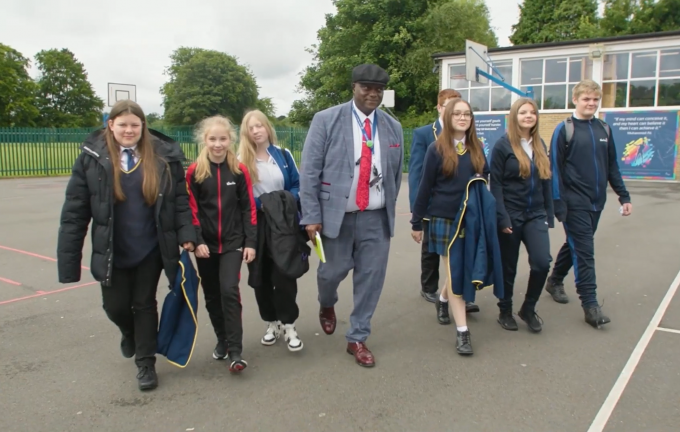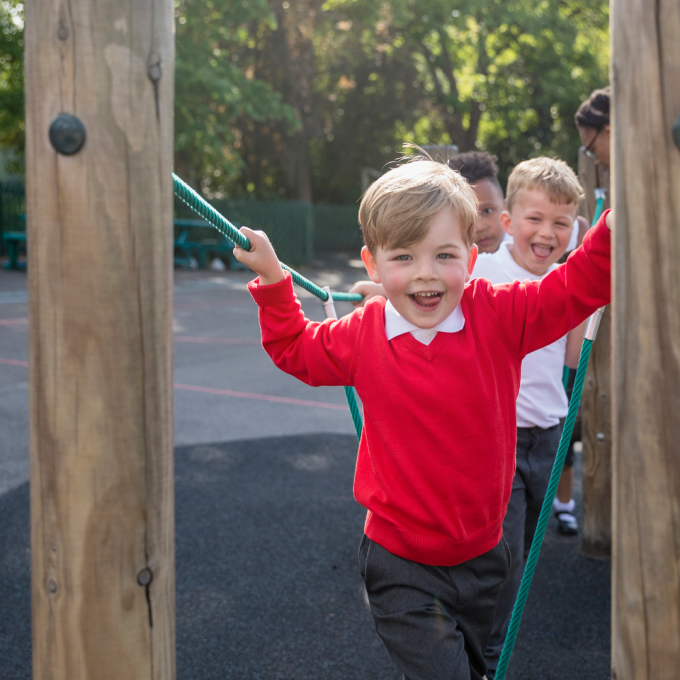The term Adverse Childhood Experiences is usually used to describe severe stressful events that happen in early life, such as experiencing domestic violence, abuse, or neglect. The concept of Adverse Childhood Experiences, often referred to as ACEs, was originally developed in the US, in a research study carried out in the 90s by the Centers for Disease Control and Prevention (CDC) and Kaiser Permanente. The purpose of the study was to investigate the possible relationship between difficult childhood experiences and health outcomes in adulthood.
As part of the study, the researchers developed a questionnaire and an ACE scale which determined the participants' ACE score ie how many types of childhood adversity they had suffered. The scores were then compared with the health and behaviours they experienced in adult life.
The study found that as a participant's ACE score increased, so did the risk of them experiencing a range of health and social problems in adulthood. Subsequent research found that this correlation is linked to the impact stress can have on the brain and body, especially in childhood when children's brains and bodies are still developing.
This discovery was extremely significant and is very important in how we view the potential effects of traumatic events, especially in childhood. The findings are also particularly relevant in the current climate where the pandemic is having a far greater impact on lives and communities than purely from the coronavirus illness itself.
While the ACEs study is useful in providing evidence of the impact adversity in early life can have on health outcomes in adulthood, it is not - nor was it intended to be - a screening tool or a way of assessing the need for intervention.
It is important to appreciate this because ACEs relate to sensitive personal and emotional information. If this is misinterpreted or used in the wrong way, even if well-intentioned, it has the power and potential to cause further damage.
For the purposes of the research, the study focused on a certain set of events an individual experienced. However, it didn't consider additional factors for that individual, such as their response to the event, how old they were when it happened, and the intensity of their exposure.
The trauma that a person suffers ill effects from is more specifically from their response to the event, rather than the event itself, and is dependent on the specific circumstances of the individual. For example, an event labelled as an ACE, such as a divorce, may not have had a significant long-term impact because the individual had the support and comfort they needed to recover. However, an event that was not listed as an ACE in the original study, such as the death of a grandparent, may have had a significant traumatic effect on a child due to their individual situation and circumstances.
It is useful to have an awareness of the impact of ACEs in general, as it can help you understand the importance of supporting social and emotional development and helping children to build their emotional resilience, and recognise the impact difficult events and toxic stress can have on children and young people in later life. However, using ACE scores for individuals can be harmful and result in families feeling stigmatised; even if unintentional, it can lead to judgement, assumptions about a child's homelife, and cause unnecessary stress for parents.
Many children will go through adverse childhood experiences that are recognised as ACEs, or other significant events that will also have a profound impact on them. These events and the ongoing consequences can prevent children from having their needs met and cause interruptions in their development, both at the time and in the years ahead.
The Thrive Approach understands that children and young people usually communicate their needs through their behaviour, and that there are likely to be reasons behind the behaviours they exhibit, which may include ACEs. One of the significant benefits of Thrive is that we don't need to know the reason behind the distressed behaviour or interruptions to be able to meet the specific needs of the individual child.
Thrive enables adults working with children and young people to identify their unmet needs and offers a powerful way of working with them to repair interruptions in their development. While being sensitive to any previously experienced trauma or ACEs, Thrive enables practitioners to support children and young people without needing to know what may have happened in their past. Instead, we ask 'what do they need now?' - how can we help them develop better relationships, healthy stress-regulation systems, increase their ability to access learning, and improve their social and emotional wellbeing?
To answer these questions, we use Thrive-Online - our web-based profiling, action-planning and monitoring tool. Thrive-Online identifies areas of missed learning and provides strategies and activities to help fill developmental gaps. Through play, creativity, and positive relational experiences, practitioners can help reduce the impacts of stress on the brain and body and support children and young people in becoming more self-assured, capable and resilient.
The Thrive Approach supports the healthy social and emotional development of all children and young people, including those impacted by ACEs and the current Covid-19 pandemic. It recognises the importance of positive relationships, empathy and safety and can help children and young people overcome adversity and lead happier and healthier lives.
Thrive Insights is a new series of webinars exploring issues that can have an impact on children and young people's social and emotional development.
In the first webinar, we will explore some of the different ways children and young people may have been affected by the Covid-19 pandemic. We will discuss how this might manifest in behaviour and share with you some helpful ways of responding and providing support. Click here to find out more.
Over to you
Reduced anxiety and behavioural incidents. Calmer classrooms filled with engaged leaners. Improved relationships with parents and carers. These are just some of the outcomes reported by settings embedding Thrive’s whole-school approach to mental health and wellbeing. Are you ready to join them? Click here to get started.
Pass it on
Small actions can lead to a big ripple effect. If you enjoyed this post or found it helpful, please consider supporting us in our mission to help every child and young person feel safe, supported and ready to learn by sharing it using the social media buttons below.
Want to join a like-minded community of senior leaders and classroom staff benefitting from insights and strategies to improve attendance, behaviour and attainment? Add your email address below. (It’s easy to unsubscribe).




(1)(1)(1)_680.jpg)

(1)_680.jpg)